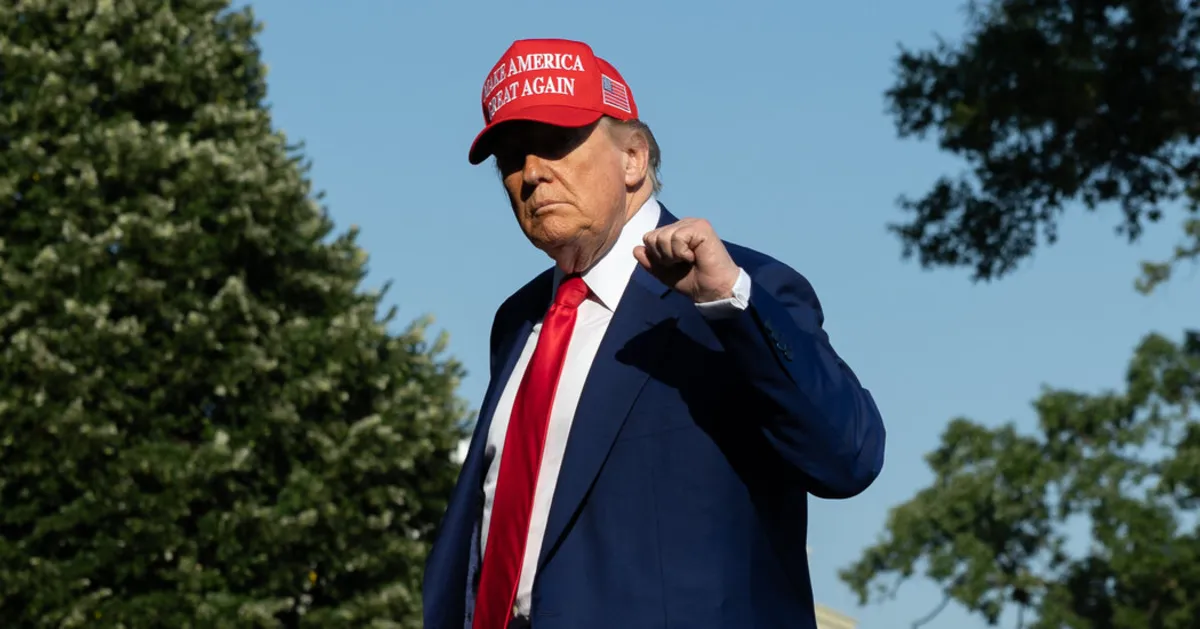
When the Republican Party last embarked on a mission to reform taxation in America, they dedicated years to meticulously analyzing the complexities of the internal revenue code. This extensive effort involved traveling across the country, hosting numerous hearings, and drafting preliminary versions of a tax reform bill that ultimately passed in 2017. Their goal was to revitalize a stagnant tax system by implementing long-standing conservative principles.
As Republicans gear up for another chance to reshape how taxes are collected in the world's largest economy, their core ideas have notably shifted. In a surprising turn, the inspiration for their latest tax initiatives did not originate from the typical sources like Washington think tanks or corporate accountants. Instead, during the 2024 campaign, President Trump recounted an encounter with a waitress at his Las Vegas hotel who expressed her frustration about being taxed on her tips while he dined there.
This seemingly casual conversation quickly evolved into a pivotal theme of Mr. Trump’s campaign, resonating with voters and becoming a focal point as he sought to reclaim the presidency. Recognizing its potential, Republicans in Congress rallied around the concept, leading to a significant vote this week to establish a new tax exemption for tipped income that will last for several years.
During a recent event at the White House promoting this legislation, President Trump acknowledged the waitress's pivotal role in his campaign success in Nevada, a state where many individuals rely heavily on tips. “A legend was made,” Mr. Trump remarked. “We won Nevada by so much. Republicans don’t win Nevada. We won Nevada. So I want to thank that young, beautiful waitress. Thank you very much.”
While the provision regarding tips represents only a small component of the extensive legislative package passed this week, it signifies a significant evolution in the Republican Party's approach to taxation. Traditionally focused on broad tax cuts, the new Republican bill introduces a series of innovative, populist, and temporary tax reductions that stem from Mr. Trump's campaign efforts to engage key voter demographics.
In tandem with this populist shift, the bill retains aspects of the classic conservative, supply-side philosophy that has long defined Republican tax policy. Once President Trump signs the legislation—expected to happen on Friday—many of the tax cuts established in 2017 will solidify as enduring law, rather than merely temporary measures.
As the political landscape evolves, the Republican Party's new approach to tax reform signals a potential shift in how taxation is viewed and implemented in the future. By incorporating populist elements into their strategy, Republicans aim to connect with everyday Americans while still adhering to foundational conservative principles. This dual approach may redefine the party's identity in the realm of taxation for years to come.